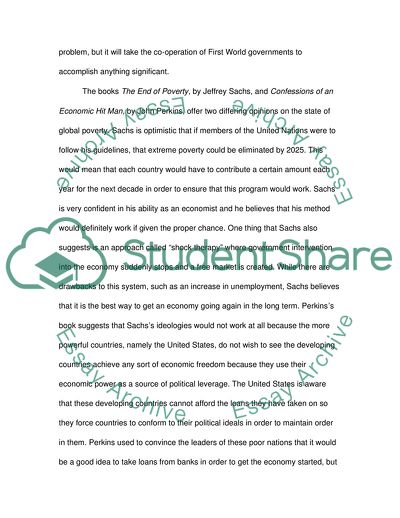Cite this document
(Why doesn't Capital Flow from Rich to Poor Countries Essay, n.d.)
Why doesn't Capital Flow from Rich to Poor Countries Essay. https://studentshare.org/politics/1705959-why-doesnt-capital-flow-from-rich-to-poor-countries-lucas-1990-discuss
Why doesn't Capital Flow from Rich to Poor Countries Essay. https://studentshare.org/politics/1705959-why-doesnt-capital-flow-from-rich-to-poor-countries-lucas-1990-discuss
(Why doesn'T Capital Flow from Rich to Poor Countries Essay)
Why doesn'T Capital Flow from Rich to Poor Countries Essay. https://studentshare.org/politics/1705959-why-doesnt-capital-flow-from-rich-to-poor-countries-lucas-1990-discuss.
Why doesn'T Capital Flow from Rich to Poor Countries Essay. https://studentshare.org/politics/1705959-why-doesnt-capital-flow-from-rich-to-poor-countries-lucas-1990-discuss.
“Why doesn'T Capital Flow from Rich to Poor Countries Essay”. https://studentshare.org/politics/1705959-why-doesnt-capital-flow-from-rich-to-poor-countries-lucas-1990-discuss.


